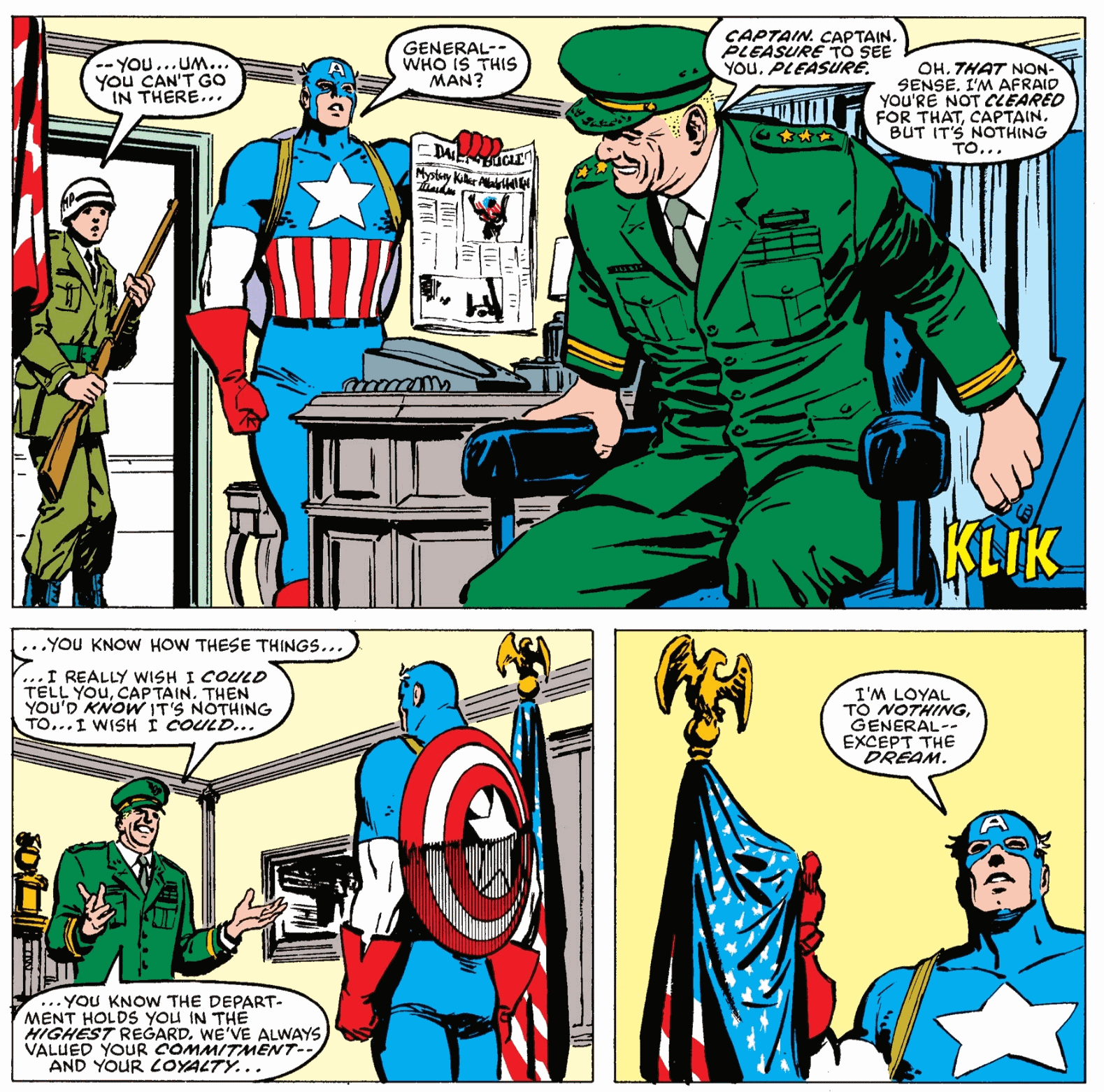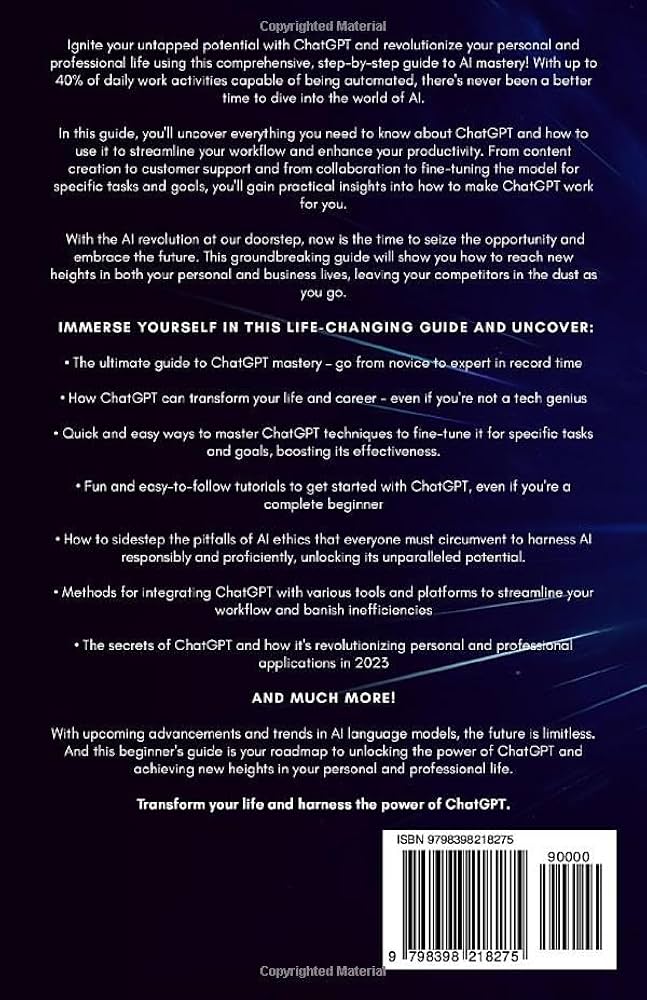Alright, so today I wanted to walk you through this little project I called ‘cartter’. The name just kinda popped into my head, no big story there. The whole idea was pretty simple, or so I thought. I’ve got this downloads folder, you know? It’s a complete disaster zone. Installers, PDFs, images, zip files from months ago – a real digital junkyard. So, ‘cartter’ was supposed to be my little helper, a script that would automatically sort all that mess into neat folders.

Getting Started – The Optimistic Phase
I figured, how hard could it be? Famous last words, right? I decided to use a scripting language I’m fairly comfortable with, something I thought would make quick work of file operations. So, I sat down one Saturday morning, coffee in hand, ready to conquer the chaos. First steps were easy enough. I got it to read the list of files in the downloads directory. Then I started thinking about the logic: if it’s a ‘.jpg’ or ‘.png’, move it to ‘Pictures’; if it’s a ‘.pdf’, move it to ‘Documents’, and so on.
I even managed to get a basic version working that afternoon. It felt good, you know? Like I was actually making progress. It could handle the common stuff, the easy targets.
Then Came the “But Actuallys”
But then, the real world kicked in. What about ‘.jpeg’ versus ‘.jpg’? Or ‘.doc’ versus ‘.docx’? Okay, simple enough to add more conditions. But then, what about files with no extension? Or files named like ‘final_report_v2_actual_*’? My simple rules started to look, well, too simple. The complexity just ballooned.
I realized ‘cartter’ needed to be smarter. Maybe look at parts of the filename? Or even peek inside some files? That’s where things started to get bogged down. I spent hours, I tell you, just trying to hammer out more robust rules. I’d test it, it would work for five files, then completely mess up the sixth. Or worse, it would try to move a folder into itself or something equally daft. My downloads folder was starting to look even weirder with all my failed attempts.
- Issue 1: So many file types I hadn’t thought of.
- Issue 2: Filenames were a law unto themselves. Some descriptive, some just gibberish.
- Issue 3: Edge cases. Oh, the edge cases. What if a target folder doesn’t exist? What if a file is currently open?
The Grind and the Realization
Honestly, it started to feel like I wasn’t building a simple sorter anymore, but some kind of forensic analysis tool. I was wrestling with it, day after day, tweaking a line here, adding a condition there. It’s funny, I’ve been through this before on other projects. You start with a clear, shiny goal, and then you wade into the swampy details and it all gets murky.

It reminds me of this one time I tried to “quickly” organize my garage. Seemed simple: put tools here, sports stuff there, old paint cans over yonder. Three weekends later, my entire driveway looked like a hardware store exploded, and I still couldn’t find my favorite screwdriver. ‘Cartter’ was giving me similar vibes. That initial burst of “I can do this!” slowly turned into “Why did I even start this?”
The scripting language I chose was fine, mostly. But finding good, simple ways to handle all these messy real-world file scenarios? That was tougher than I bargained for. Lots of searching online, trying out different snippets, feeling like I was duct-taping solutions together rather than engineering something elegant.
So, Where Did ‘Cartter’ End Up?
Well, after a fair bit more tinkering, ‘cartter’ is… okay. It’s not the magical, all-singing, all-dancing sorter I dreamed of. It’s more like a slightly opinionated helper now. It can handle the most common stuff pretty reliably. Pictures, documents, archives – it usually gets those right. But for the really weird files, or the ambiguously named ones? It mostly just leaves them alone now. I built in a kind of “if in doubt, do nothing” rule to stop it from making things worse.
So, my downloads folder is still a bit of a mess, but a slightly less chaotic mess. And I learned a lot, mostly about how messy digital life actually is and how hard it is to automate common sense. Sometimes, you just gotta accept that “good enough” is actually pretty good. And ‘cartter’, for now, is good enough. Maybe I’ll revisit it someday when I’m feeling brave again.
